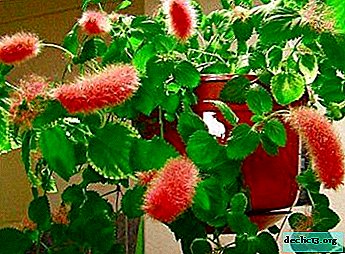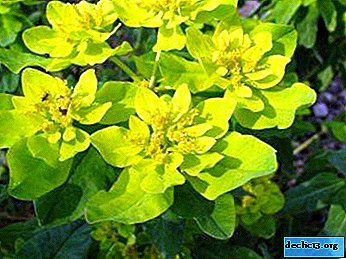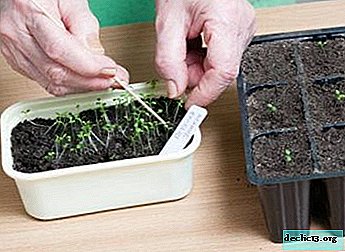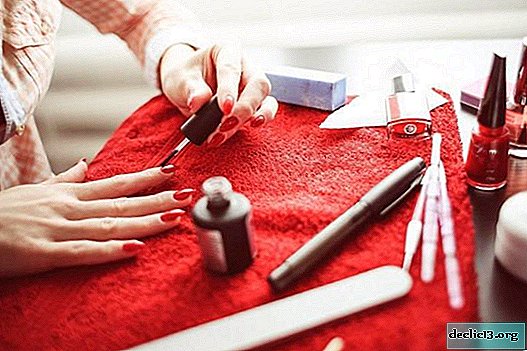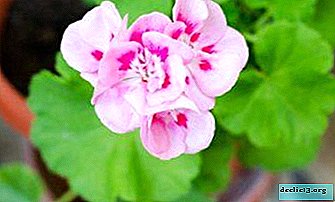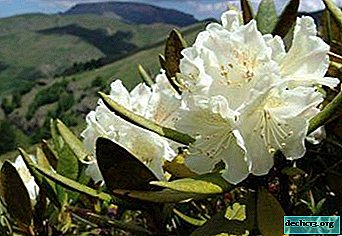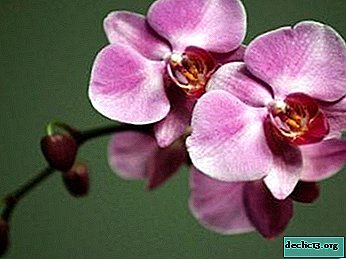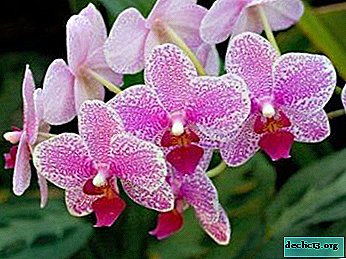Eczema on the hands: how to treat, types and symptoms, the right remedies

Eczema on the hands is an inflammatory disease of the skin, which is accompanied by a rash, itching and burning. Often, the affected area of the skin is covered with cracks, and bursting vesicles release fluid and are transformed into pustules. How to treat eczema on the hands at home and why it occurs, you will learn from the article.
There are several forms of dermatitis, each of which can be acute or chronic. Eczema is a non-communicable disease that does not pose a threat to human life. At the same time, its manifestations cause moral and physical discomfort, so it is recommended to start treatment immediately.
Doctors have not figured out why eczema appears. Doctors from around the world agree that the launch of this pathological process is carried out for various reasons. I will consider the main reasons for the appearance, so that you are guided in the question.
- A huge role in the appearance of eczema is the state of the immune system. In people whose body resistance is reduced, the ailment appears more often. Often the emergence of eczema contribute to nervous breakdowns and severe stresses, which have a negative impact on health.
- The nature of the disease is often genetic in nature. If parents had eczema, there is a chance that it will appear in children.
- The list of causes also contains pathological conditions - endocrine diseases, diseases of the digestive system, liver and kidneys.
- External factors can also provoke the disease. Often eczema appears on the hands after skin contact with chemicals, although exposure to high temperature along with mechanical damage often contributes to this. Characteristic rashes appear in people with sensitive skin.
Types and symptoms of eczema
Medical practice shows that today the number of people experiencing allergic skin lesions is increasing. Different types of eczema account for 40% of cases.
The most common types of eczema
- True. The acute stage is accompanied by the appearance of bubbles with fluid, pinpoint erosion and redness. The patient experiences an itch, the intensity of which varies in each case. In a chronic course, edema intensifies, and the affected skin is covered with cracks.
- Microbial. Such eczema appears after infection of the skin around cracks, fistulas and ulcers. The rash covered with crusts and scales has a pink color. After removal of the scales, dewdrop appears. If treatment is not started in a timely manner, the disease will turn into eczema.
- Professional. In its manifestations, it resembles true, but appears after prolonged contact of the hands with the allergen. In the early stages, development can be easily stopped, and the skin morphology will fully recover. The first exacerbations resemble contact dermatitis. If the effect of the irritating factor does not stop, the inflammatory process becomes persistent and relapsing.
- Seborrheic. This type of dermatitis affects the scalp. The rash appears on the forehead, on the skin of the back, chest and limbs. The affected area of the skin is covered with scales and becomes moist due to the fluid released.
- Children. This type of eczema appears in infants and goes to 3 years. Rashes appear on the face. When the disease progresses, damage to the body is observed, accompanied by an increase in lymph nodes.
Symptoms
Now let's talk about the symptoms.
- Topping the list is itching along with redness. The level of discomfort is determined by the care of the skin. At the initial stage, the disease is often confused with an allergic reaction to a cosmetic product.
- Later, edema and many bubbles with a clear liquid appear at the site of redness. This process is accompanied by an increase in itching, the appearance of a strong burning sensation and a local increase in temperature.
As a result, the affected skin is covered with cracks, ulcers and wetting areas. At this point, the likelihood of getting an infection increases.
How to treat eczema on the hands
If there is one hundred percent confidence that the skin of the hands is affected by the disease, immediately begin treatment.
Chronic diseases that develop for a long time need a long and patient treatment. Effective therapy is prevented by inconvenient localization, since the hands are constantly in contact with the environment. To speed up recovery, use simple, but effective and faithful folk methods.
Treatment of eczema folk remedies
- Walnut ointment. Three walnuts bake in the oven. Using the tools at hand, make a homogeneous mass from the extracted kernels and add a spoonful of fish oil. With the resulting composition, treat the affected skin twice a day.
- Cabbage and milk. Take three leaves of cabbage, put in a pan, pour milk and boil for forty minutes. Wait for the leaves to cool and apply to the affected skin, covering with a towel. Make poultices in the morning and in the evening.
- Burdock root. Spoon the crushed burdock root with a glass of boiling water, hold in a water bath for a third of an hour and strain. Drink the resulting broth before the meal twice a day. Combine taking with baths. Three spoons of burdock root pour three liters of boiling water, boil for thirty minutes and strain. Next, make a bath for about forty minutes. Repeat the procedure every night.
Medical treatment of eczema
The use of traditional medicine to combat dermatitis is only welcome, but the treatment of eczema with medical means should not be discounted. And only a dermatologist can determine the cause of the disease. An experienced doctor will diagnose, prescribe treatment, pick up medication and advise on a diet.
- Characteristic puffiness is removed with the help of antiviral drugs and antibiotics. Antifungal agents help get rid of severe itching, which brings discomfort.
- Doctors have developed a highly effective treatment tactic, which is based on the use of groups of medicines. These are sedative and antihistamines, desensitizing and vitamin preparations, ointments and gels.
- During the treatment of eczema, doctors do not recommend using soap. Instead, apply lotion. Do not allow the affected skin to come in contact with hot water and avoid prolonged exposure to sunlight.
- The diet for eczema is based on plant and milk foods. It does not hurt to minimize the consumption of carbohydrates.
- From the diet, be sure to exclude soda, alcohol, canned and pickled foods, salty and spicy foods. Avoid interactions with aggressive substances and all kinds of allergens in every possible way.
Eczema Prevention
The final lines of the story will be devoted to disease prevention. Since the emergence of the disease is facilitated by numerous factors, prophylactic measures are the basis of prevention. Observe the operating mode, rest, eat right.
If infectious and allergic skin diseases occur, do not delay with treatment. Do not overdo the cosmetic and cleansing procedures, as they adversely affect the protective function of the skin.
If the body is exposed to emotional stress, use sedatives of a herbal nature. They will help to avoid emotional stress and overcome depression.

